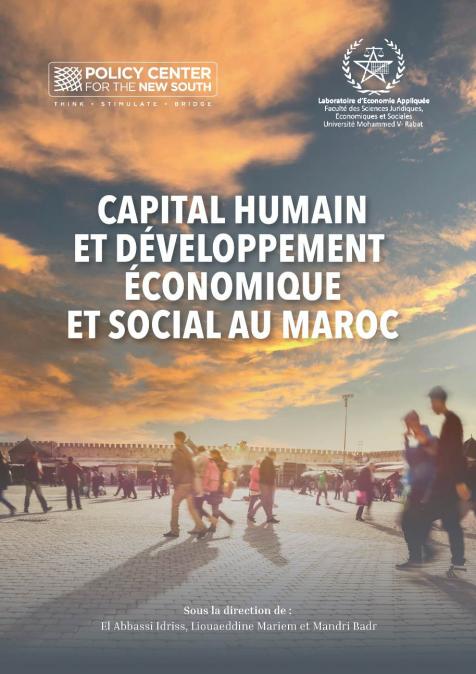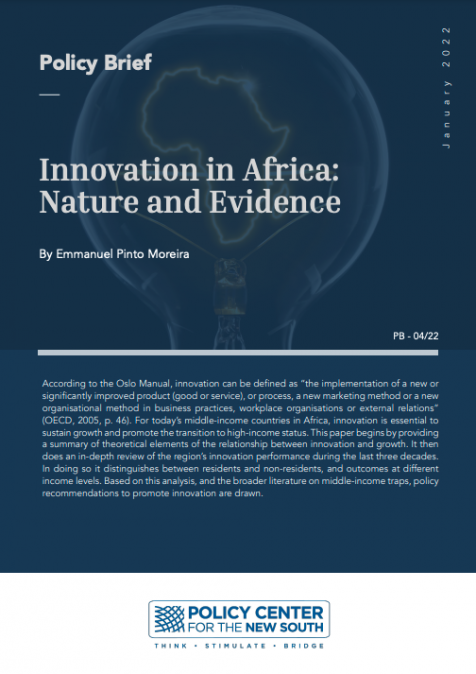AD 2021: Leveraging Big Data and Innovation for the South in the Global Economy
Information is Power; that is the reason the world’s most valuable resource is no longer Oil, but Data. The UN stated, in one of its reports about Sustainable Development, that the volume of data in the world is increasing exponentially, that 90 per cent of it has been created in the last two years and that it is projected to increase by 40 per cent annually. This huge amount of Data that can be estimated actually in dozens of zettabytes includes information about stock markets, natural resources, climate change, security and any other field that can affect the economy and sovereignty of a State. That said, the volume of data held and explored by each country depends on its richness and its investments in innovation and IT, then, the gap is clear between US and China in one hand and the rest of the World in the other hand. This session, being focused on the South, will answer the following questions: Given that only the American GAFAM’s financial value has reached 4 trillion USD while the whole GDP of Africa is still around 2.6 trillion USD, is it possible for African companies to compete locally with the IT giants? If not, will encouraging foreign investments in this sector, through which they acquire funds and expertise will be a better choice? Do the education programs in Southern countries qualify local labor to get involved in cutting edge technology projects, particularly in cyber security, and this, in order to protect their national economic and security data? How the South-South collaborations and the exchange of technology and funds can benefit African countries and ensure a certain independence from the North?














